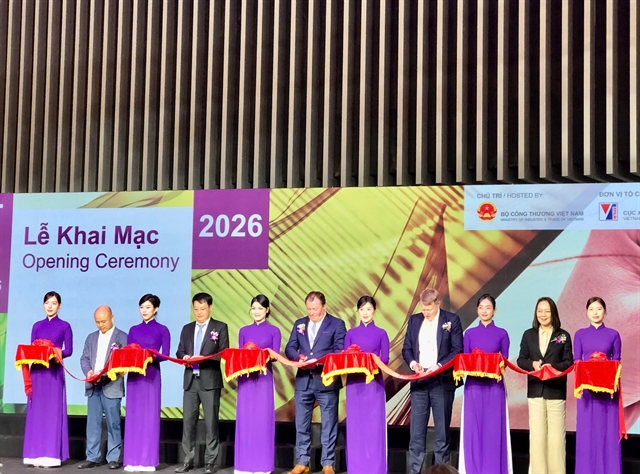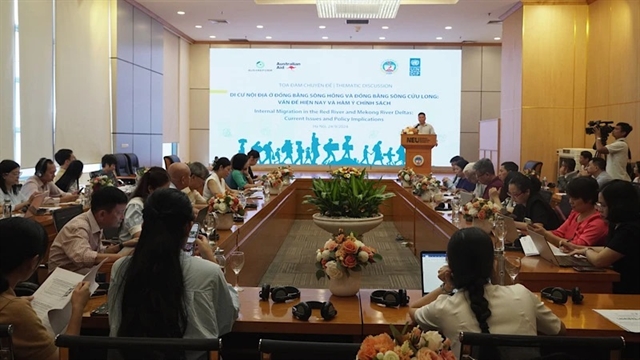 Society
Society
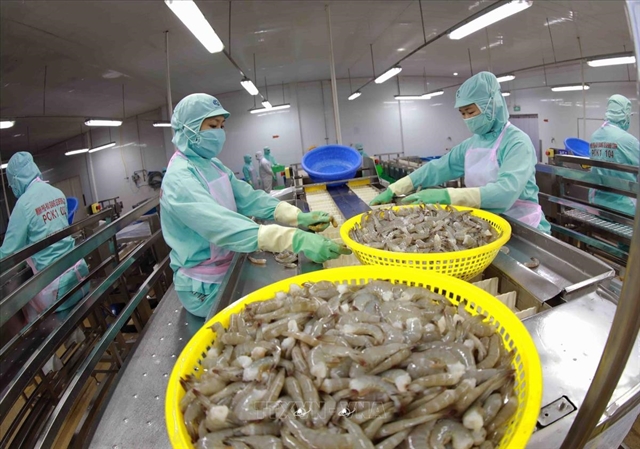
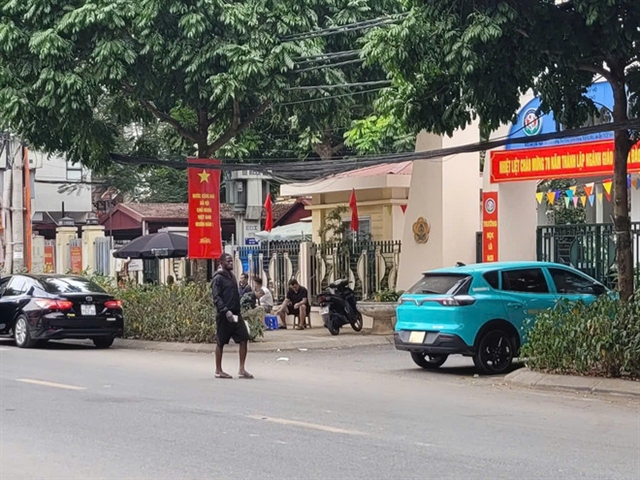 |
| Eleagu wanders on Tứ Liên Street in Hà Nội's Tây Hồ District.—Photo vietnamplus.vn |
Every morning, between 7 and 8 o'clock, Eleagu, a 30-year-old African, sets off with a small backpack, wandering the streets of Tứ Liên Ward in Hà Nội's Tây Hồ District and its surrounding areas for work.
But today -- like many others -- there are no job offers, despite Eleagu’s willingness to take on almost any work, from dishwashing and carrying loads to cleaning.
The erratic and unreliable work often leads to months of unemployment, a common plight for many Africans in Tứ Liên Ward.
In a local coffee shop, a Vietnamese construction worker named C. was sending messages to two African men who are on their way to meet him for some menial job.
C. wanted to hire someone to bring a number of concrete panels to the upper floors of a building under renovation. After half an hour, the two young men arrived and quoted him VNĐ1.5 million (US$60) for the lump work.
"If I hire locals, it will cost VNĐ3 million ($120)," C. said.
Disillusioned
 |
| Two Africans waiting for work at a coffee shop in Tứ Liên Ward in Hà Nội's Tây Hồ District. — Photo vietnamplus.vn |
Africans come to Việt Nam for different reasons.
Some hope to travel and work, seeking additional income. Others, like Eleagu, dream of building a better life, believing that Việt Nam offers better living and working conditions than their home countries.
However, for most of them their dreams quickly turn into harsh realities.
Eleagu’s story is a prime example, the Việt Nam Plus online newspaper reported.
He said that he paid $3,000, a sum his family had to borrow, to a Nigerian agency to secure a visa to Việt Nam.
The promise was that he would be able to switch his tourist visa for a work visa, but that never materialised.
Despite spending more money, Eleagu’s passport remains unchanged and his visa expired two months ago.
The only job he has had was tidying up peach and kumquat gardens for local farmers following damage by the tropical storm Yagi in September, earning only VNĐ50,000 ($2) per hour.
"We need work permits to legally work and earn money," he said.
Chris, 28, another African migrant in Tứ Liên Ward, had an even worse experience. He spent $10,000 on a visa scam from a job agency.
"The agent promised me I would be going to Japan, but when I received the documents, it was for Việt Nam," he said.
When Chris arrived in Hà Nội, he was offered a warehouse job in HCM City. So he moved to HCM City to do the job. However, after three months, his visa expired and his employer stopped the contract.
He then returned to Hà Nội, where he has been struggling to find work ever since.
Fodalc, a 26-year-old Nigerian, shares a similar tale.
He too paid $3,000 to an agent to secure a visa. However, with a tourist visa in hand, he could not get a job.
In February 2024, just months before his visa expired, Fodalc met a Vietnamese man who claimed to be the owner of an English language centre.
The man promised to help migrant workers like Fodalc get work permits and change their tourist visas to work visas.
However, in exchange, Fodalc and others were asked to pay a deposit worth $350 and travel to Cambodia.
After several weeks of waiting in vain in Cambodia, Fodalc returned to Việt Nam with the same tourist visa, realising he had lost the entire deposit.
Desperate, Fodalc reached out to the man via WhatsApp, but the contact was lost and all communication ceased.
His story now echoes the sad irony of many African migrant workers in Việt Nam. They hoped to have a good job and send money home, but ended up becoming a burden on their families instead.
Local support
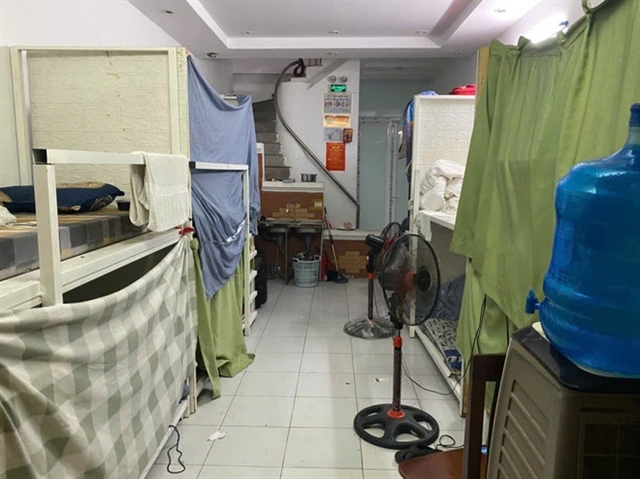 |
| A small room where African migrants share in Tứ Liên Ward in Hà Nội's Tây Hồ District. — Photo vietnamplus.vn |
Most of the African migrant workers in Tứ Liên Ward live in small, shared rooms, usually from four to five people per room.
The rooms are often no larger than 30 to 40sq.m and cost only about VNĐ1.5 to 2 million ($60-80) per month, much cheaper than the VNĐ3 to 4 million ($120-160) average price paid by students in Hà Nội.
The relatively low cost is thanks to landlords like Đ.H.H in Tứ Liên Ward, who want to provide affordable housing for the workers.
Since most arrive on tourist visas, the unskilled African migrant workers are not eligible for work permits, making long-term contracts impossible.
As a result, their income remains unpredictable and unstable, leaving many to live from one odd job to the next.
However, many of the migrant labourers have received support from local residents.
Some locals, such as Trịnh Văn Hiến, a butcher in Tứ Liên, have extended a helping hand.
Hiến said the African manual workers rarely buy meat. Sometimes they spend only up to VNĐ40,000 ($1.60) on meat, and ask for scraps like pig skin. They also buy just a few eggs for about VNĐ10,000 ($0.40).
Hương, the owner of the Hương Lê grocery in the same ward, said African migrants only spend up to VNĐ30,000 ($1.20) each time they visit her shop.
"I occasionally give them some cakes or packs of instant noodles for free," she said.
Some kind-hearted people also donated essential items, such as bread and vegetables, to the foreign migrants, Hương added.
In addition to support from local residents, authorities in Tây Hồ District have also stepped in.
Manfred, a Nigerian migrant who was scammed out of most of his money, is currently receiving help from local authorities.
He is living rent-free, with guidance on how to handle his legal issues.
The local administration was not only gathering information, but also checking the documents of other African migrants there, he said.
“I hope the situation improves soon so my family can return to a stable life and other African migrants can return to their hometown," Manfred said.
Local authorities are also coordinating with the embassies of several African countries, including Angola, Zambia, Ghana, Jamaica, Uganda, and Nigeria, to help their citizens return home. VNS

